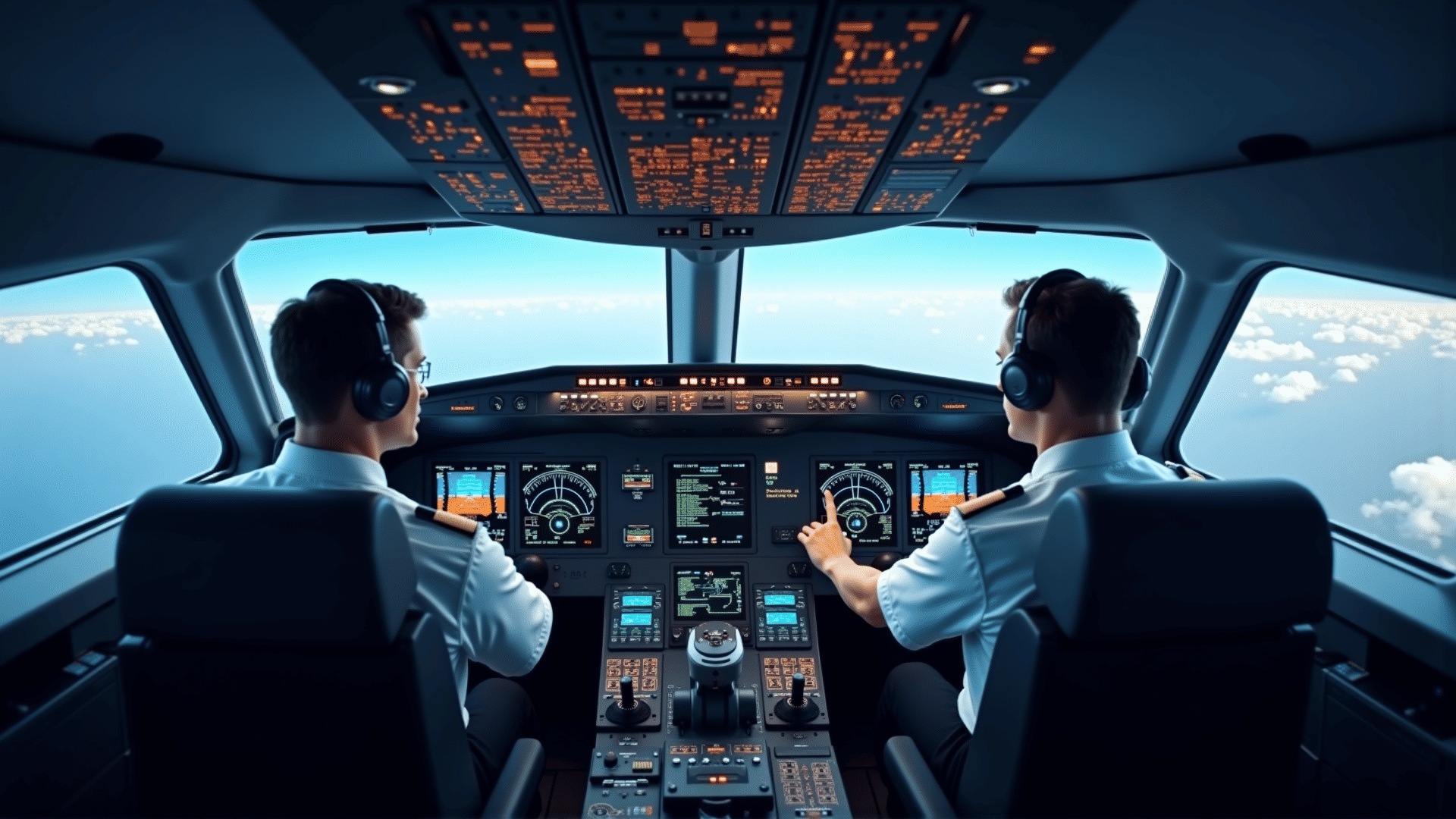In the ever-evolving world of aviation, safety remains the industry's cornerstone. As air traffic continues to grow, ensuring the safety of passengers and crew becomes progressively more challenging. Fortunately, advancements in artificial intelligence (AI) offer innovative solutions to enhance safety protocols, making flights safer and more efficient.
One of the most significant contributions AI has made in aviation is through predictive maintenance. AI systems analyze vast amounts of data from aircraft sensors to predict component failures before they occur. By identifying patterns and anomalies, these systems alert maintenance crews to potential issues, allowing for timely interventions. This proactive approach reduces the risk of in-flight failures, ultimately enhancing safety.
AI’s role in air traffic management cannot be overstated. With the ability to process and analyze massive amounts of data in real time, AI systems assist air traffic controllers by providing optimized routing and scheduling. This not only reduces the likelihood of mid-air collisions but also minimizes delays, making air travel more efficient. Furthermore, AI-powered systems can dynamically adjust to changes in weather patterns or unexpected airspace restrictions, enhancing both safety and efficiency.
Pilot assistance and training have also seen remarkable improvements with AI integration. Advanced AI simulators provide pilots with realistic and challenging scenarios, improving their ability to handle in-flight emergencies. Additionally, AI systems in the cockpit can act as decision support tools, offering pilots real-time data analysis and recommendations, thus aiding in complex decision-making processes. These advancements ensure that pilots are better prepared and supported, significantly reducing the chance of human error.
Moreover, AI technologies are at the forefront of developing sophisticated passenger screening systems at airports. Machine learning algorithms improve the accuracy and efficiency of security checks, identifying potential threats faster and with greater precision than traditional methods. This not only speeds up the boarding process but also enhances overall security, ensuring safer flights.
AI's capacity for continual learning and adaptation acts as a pivotal force in evolving aviation safety measures. As AI systems accumulate and analyze more data over time, they become increasingly adept at anticipating issues and responding to challenges. With the advent of more robust AI technologies, the scope for enhancing aviation safety seems limitless.
Integrating AI into aviation operations fosters a safer, more reliable air travel experience. By tackling a spectrum of challenges from maintenance to air traffic management and pilot training, AI empowers the aviation industry to maintain its unwavering commitment to safety. As these technologies advance, the skies will undoubtedly become safer, offering peace of mind to travelers worldwide.
